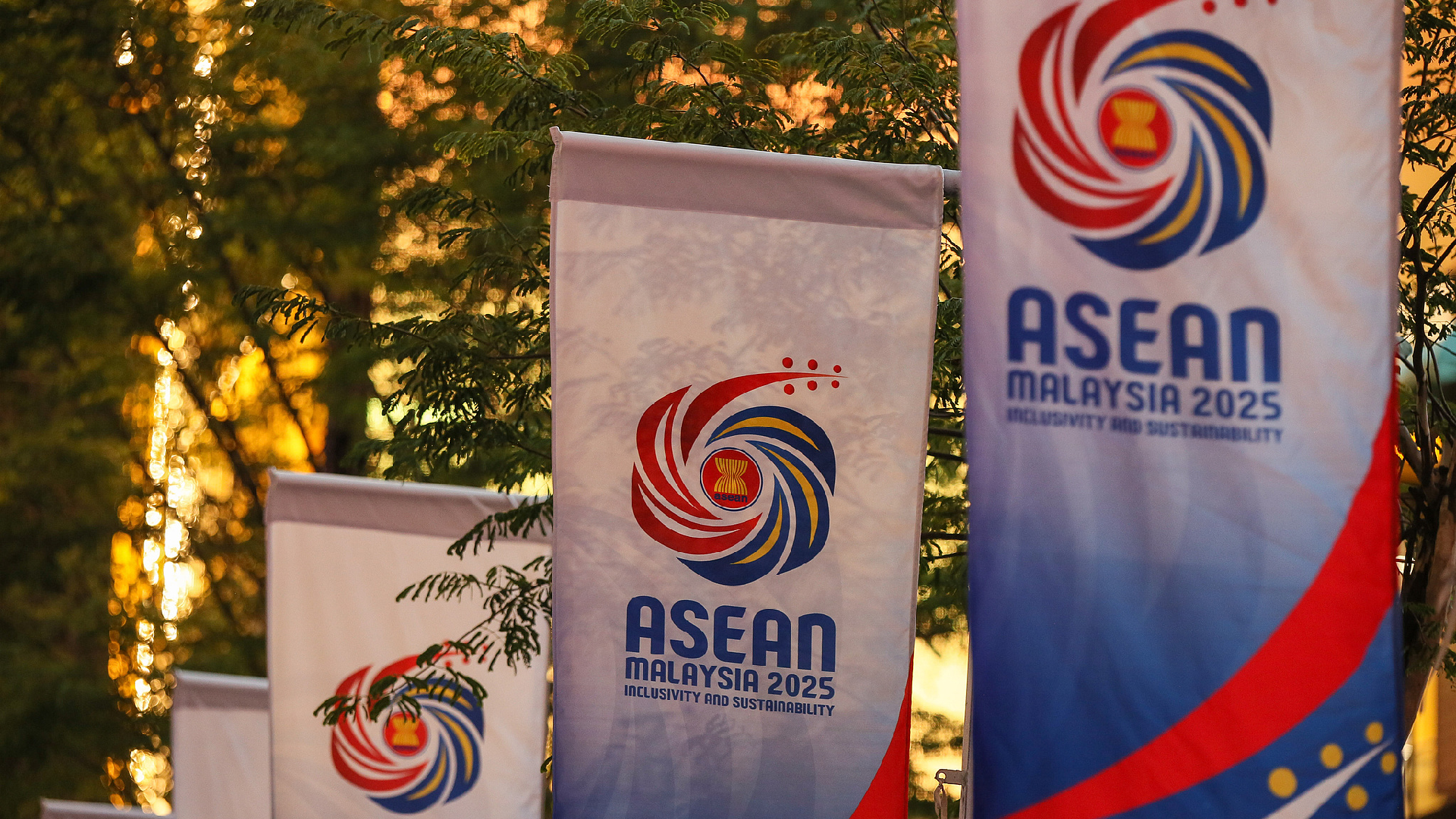Chinese Premier Delivers Keynote at ASEAN-China-GCC Summit Highlighting Regional Cooperation and Economic Growth
Chinese Premier delivers key remarks at ASEAN-China-GCC Summit, emphasizing regional cooperation and economic development.

Chinese Premier Li Qiang delivered an address on Tuesday at the inaugural ASEAN-China-GCC Summit in Kuala Lumpur, Malaysia, in a move that signals heightened cooperation among Asia and Gulf nations. In his welcome remarks, Premier Li extended sincere appreciation to Malaysian Prime Minister Dato' Seri Anwar Ibrahim for proposing the summit and recognized the efforts of the Malaysian government in hosting the event.
Premier Li highlighted the longstanding ties linking China, ASEAN, and GCC countries, drawing on both the historical Silk Road and contemporary projects such as the Belt and Road Initiative. “The establishment of this summit creates a platform for exchanges and a mechanism for cooperation,” Li asserted, describing it as a “groundbreaking initiative in regional economic cooperation” that both continues historic traditions and responds to modern challenges. He suggested that by viewing their partnership as a “triangle”—the world’s most stable structure—the three regions could foster vibrant markets and economic growth, vital not only for their own prosperity but also for global stability.
Outlining his vision for trilateral collaboration, Premier Li put forth several key proposals. First, he called for the regions to “set a fine example of opening up across regions,” emphasizing that together, China, ASEAN, and the GCC comprise about a quarter of humanity and global economic output. He noted the successful conclusion of negotiations for an upgraded China-ASEAN Free Trade Area and encouraged swift completion of the China-GCC Free Trade Agreement. Such efforts, he said, would “unlock the huge potential of open development” by enhancing the flow of resources, technology, and talent.
Li further advocated for overcoming differences in development stages by transforming them into complementary strengths. He emphasized mutual respect and coordination in macroeconomic policy and industrial specialization, suggesting that by combining their individual advantages, the partners could tackle shared challenges and build a new model of international cooperation that benefits all participants.
On the cultural front, Premier Li underscored the importance of “inter-civilization integration,” noting that while the regions house diverse societies, they share overarching values of peace, cooperation, openness, and inclusiveness. He expressed support for initiatives such as the Islam-Confucianism dialogue and China’s Global Civilization Initiative, aiming to promote mutual learning and strengthen foundations for peace and development.
The Premier outlined tangible steps to deepen cooperation, including the proposal for a trilateral action plan centered on high-quality Belt and Road cooperation. He called for stronger connectivity in infrastructure, market standards, and financial systems, and floated the idea of creating a regional business council. In addition to traditional areas like energy and agriculture, Premier Li highlighted emerging sectors—artificial intelligence, the digital economy, and green technologies—as key to cultivating new sources of prosperity.
A notable announcement was China’s forthcoming “ASEAN visa,” offering eligible Southeast Asian applicants five-year, multiple-entry visas, alongside a trial unilateral visa-free policy for four GCC countries: Saudi Arabia, Oman, Kuwait, and Bahrain. Li noted this effectively grants visa-free access to all GCC nations, a move expected to boost business and people-to-people exchanges.
On the global stage, Premier Li urged the trio to “stand on the right side of history,” upholding multilateralism, free trade, and the collective interests of developing nations while rejecting unilateralism and protectionism. He reaffirmed China’s readiness to coordinate within international bodies such as the United Nations and to oppose hegemonism.
Quoting President Xi Jinping, Li concluded by stressing the importance of solidarity and cooperation to “break through the mist and embrace a bright future.” He voiced confidence that the intensified partnership among China, ASEAN, and the GCC will yield tangible benefits for their peoples and contribute to peace and development regionally and globally.




